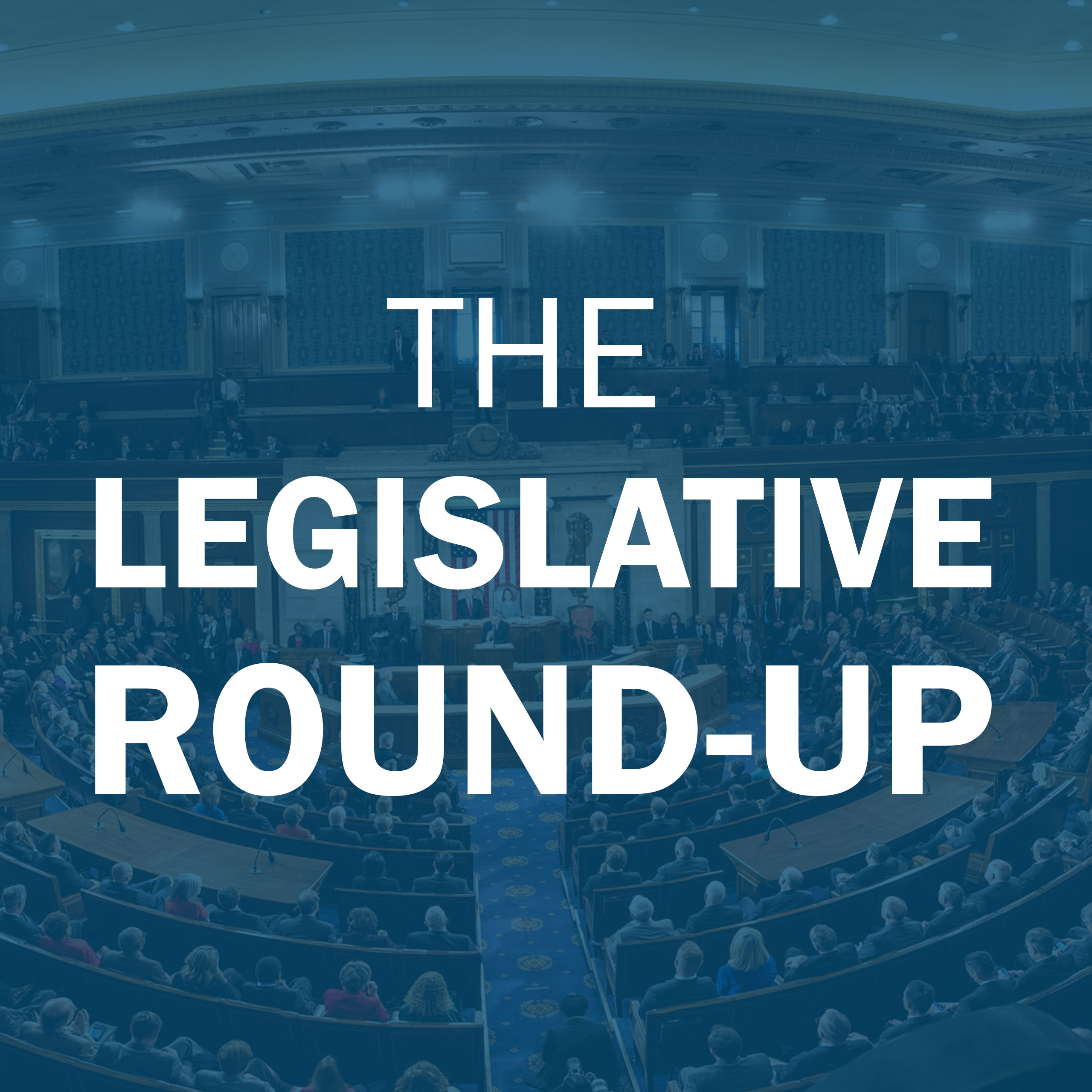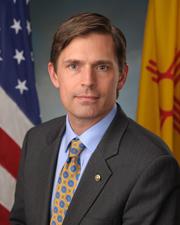Legislative Round-Up | June 2022
Included in this June 2022 Legislative Round-Up
-
- Impact of Recent Postal Rate Hikes: Express Your Concerns
- The House Takes a Step on National Privacy Legislation… But What’s Next?
- Your Input Needed: Colorado Rulemaking on New State Privacy Statute
- California to Delay Finalizing Regulations on the CPRA
- Good News! Senate Finance Committee Moves to Expand the IRA Charitable Rollover
- ICYMI: The Monthly Government Affairs Video Update
- From the States
Impact of Recent Postal Rate Hikes: Express Your Concerns
The Postal Regulatory Commission (PRC) has requested comments on the size and timing of the August 20, 2021, rate increase of approximately 7%. Specifically, a directive from the House Appropriations Committee expressed concern that this rate increase might have exceeded what was necessary as it did not account for the impact of the pandemic on USPS users, or for the increased USPS package revenues that were more than expected in 2020, or for emergency funding provided to the USPS under the 2020 Covid Relief package.
Take a few minutes to explain to the PRC how those increases impacted your nonprofit work. Stakeholders should submit comments via email to stakeholderinput@prc.gov or by letter to the Commission at 901 New York Ave., N.W., Ste. 200, Washington, DC 20268 by July 31, 2022.
To read more about USPS changing policies and their impact on the nonprofit sector, visit our webpage USPS & Postal Policy.
The House Takes a Step on National Privacy Legislation… But What’s Next?
H.R. 8152, the American Data Privacy & Protection Act, was reported out of subcommittee on June 23 for consideration by the full Energy & Commerce Committee. This measure includes many of the provisions of the draft proposal written and cosponsored by House Energy & Commerce Chair Frank Pallone (D-NJ), House Energy & Commerce Ranking Republican Cathy McMorris Rodgers (R-WA), and Senate Commerce Committee Ranking Republican Roger Wicker (R-MS). At this point, it is uncertain when the full Energy & Commerce Committee will take up this legislation.
Given the complicated nature of a comprehensive national privacy bill, along with the limited number of legislative days left in this election year, it appears that the Senate is unlikely to take up this measure this year.
TNPA has long called for national privacy legislation, which creates a single, clear, uniform set of national standards and guidelines. To accomplish such uniformity, a national privacy statute should clearly preempt any current or future state privacy laws. Unfortunately, the current compromise legislation reported out of the House subcommittee provides for 15 separate “carveouts,” allowing portions of existing state privacy laws to continue after enactment of the federal statute.
The legislation reported out of the House subcommittee covers nonprofit organizations, which differs with four of the five state privacy statutes that have been enacted in recent years (CA, VA, CT, and UT), that specifically exempt nonprofit organizations. The fifth state, Colorado, does cover nonprofits. (Please see the article regarding the Colorado rulemaking for its new privacy statute.) With much of the legislative language of the bill not finalized until just a few hours before the subcommittee markup, it’s not clear if this was a drafting oversight or that nonprofits were intentionally covered by the bill. It is uncertain if the coverage of nonprofits will be kept in the legislation as it moves forward. Either way, the nonprofit community will be impacted by how the bill treats our for-profit commercial partners, since as a sector we are dependent on their ability to effectively and responsibly provide nonprofits with data.
Also of note, TNPA opposes a Private Right of Action, which could result in a proliferation of class action lawsuits, many of which would be frivolous. The legislation reported out of the subcommittee allows for a Private Right of Action. On the positive side, any litigation under the legislation — either by a Private Right of Action or filed by a state attorney general or the Federal Trade Commission — must be filed in federal court, and not state courts, which should provide greater consistency and uniformity. TNPA strongly supports that litigation be filed exclusively in federal court.
As we’ve said before, it still appears that finalizing national privacy legislation will most likely be pushed to a “next year” issue, when we expect to be back at this again.
Stay tuned! Privacy is clearly moving up the ladder as an issue Congress will be addressing. TNPA will continue to work to ensure our members’ interests are represented on Capitol Hill.
Read more about Data Privacy under our Policy Priorities.
Your Input Needed: Colorado Rulemaking on New State Privacy Statute That Could Impact Your Organization
Now is the time to give your input on the rules for the new Colorado Privacy Act. The Colorado Attorney General’s office will be taking input from stakeholders until August 5th before it drafts a proposed rule. Both commercial data companies and nonprofits have a clear stake in the rulemaking outcome. Unlike other state laws related to privacy, this Colorado law makes no distinction between commercial entities and nonprofits and will potentially impact any organization having 25,000 or more Coloradans in its databases.
In addition to the unique treatment of nonprofits, the Colorado law could also be interpreted to have a very broad reach, extending to companies and organizations outside the state. The extent to which “processors of data” (as opposed to “controllers of data”) will be governed by the law is uncertain. These questions could be settled by this rulemaking.
If you are concerned this new law could impact your organization, time is running out to be heard. To get involved or for more information, contact TNPA’s General Counsel Robert Tigner at rtigner@tnpa.org.
Read more about Data Privacy in the states under our Policy Priorities. To read about other state laws being proposed or enacted, visit Legislation in the States.
California to Delay Finalizing Regulations on the CPRA
The California Privacy Protection Agency held a meeting May 26 (just after last month’s Legislative Round-Up) and outlined a proposed course of action for the upcoming rulemaking process.
Of note, the board did not discuss the deadline for finalizing regulations, which is supposed to be completed by July 1, allowing businesses six months to comply before the CPRA takes effect January 1, 2023.
This is disappointing news, as a shortened timeline between announcement and compliance will place a burden on those businesses attempting to comply with the new law.
Read more about Data Privacy in the states under our Policy Priorities.
Good News! Senate Finance Committee Moves to Expand the IRA Charitable Rollover
The Securing a Strong Retirement Act, having already passed the House on March 29, was on June 22 reported out of the Senate Finance Committee for consideration on the Senate Floor. We are hopeful it will quickly move to the Senate Floor and be passed by the full Senate.
The Securing a Strong Retirement Act includes among its many provisions an expansion of the IRA Charitable Rollover. This expansion would increase the current maximum annual contribution to an IRA Charitable Rollover from $100,000 by indexing the maximum to the annual rate of inflation (the Consumer Price Index or CPI), allowing the cap to increase each year as the CPI increases.
TNPA has worked with legislators to move this forward and fully supports — and encourages — this expansion.
Read more about the IRA Charitable Rollover under our Policy Priorities.
ICYMI: Government Affairs
Video Update – June 2022
TNPA’s Vice President, Government Affairs, Mark Micali is here to keep you in the loop on what is happening on Capitol Hill on issues important to the nonprofit sector. Watch the video for this month’s update on the most recent Hill Day that took place on June 8 or visit our blog for a full recap.
From the States
We continue to follow legislation in many states. For more details and additional state bills that could impact the work of the nonprofit sector, as well as links to the actual bills, visit our States Policy page.



